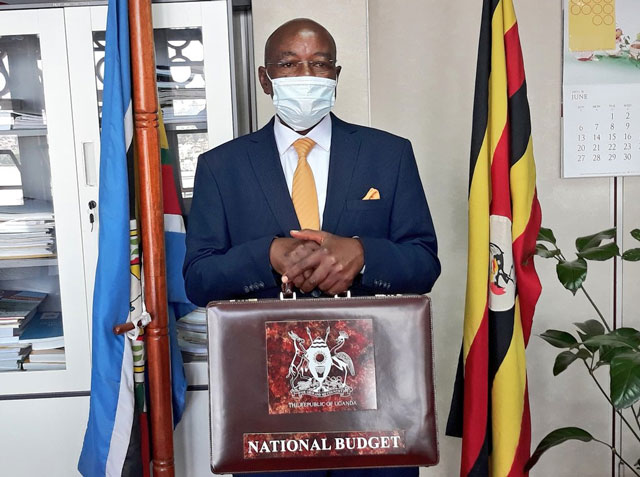The government started implementing the new 12% excise duty on airtime and internet data, among other fiscal measures for the year 2021/2022 that started Thursday. But who gains and what does it mean for the user of telecommunication services? The new tax was part of the amendments in the Excise Duty Act and replaces the Over the Top Services Tax, or OTT.
Unlike OTT, which was paid separately by the user, the new tax will be paid at the time when the service provider completes the service delivery, according to section 4(4) of the Excise Duty Act.“The provider of excisable services is liable to pay Excise duty on the earlier of; (a) the date on which the performance of the service is completed; (b) the date on which payment for the service is made; (c) the date on which the invoice is issued,” says the law.
“So for mobile data users, it will be the date of payment, which is a point of purchase/sale. For fixed-line users who may pay at the end of the month it will likely be at the point of payment as well as the end of the month,” says Michael Masembe, the Team Leader, Tax Education at URA.
The tax is expected to raise Ushs60 billion this financial year. In the first year of the controversial OTT tax, the government expected to raise at least Ushs320 billion, but only Ushs46 billion was collected, and this rose to 52 billion in 2020. Administration of the tax measure became hard following protests from sections of the public against the tax, which they thought violated the rights to communication.
Since then, many Ugandans have resorted to using virtual private networks, which circumvents the government regulations like taxes and blocking of internet sites. The Ministry of Finance, Planning and Economic Development says that the new tax is partly aimed at trapping internet users who had managed to escape payment of OTT.
URA has also dismissed fears that data sharing will also attract multiple charges each time data is transferred to another phone or third user. They say Excise duty is only paid once at the point of Purchase. Therefore, when one has already bought the data and transfers it, no excise duty will apply.
This is because duty was already paid at purchase. This also applies to converting airtime into data, because the airtime has already been charged. “It is important to remember that the tax is on the fee charged for the data. So regardless of the promotion like “Tugabane”, or how the data is used, the tax is applied at the point of payment of that package and once paid for it ceases to be an issue,” says Masembe.
According to Cable.co.uk, Uganda ranks 70th Out of 228 countries in the provision of cheap internet, with the cheapest data package costing about Ushs50,000. This is also among the highest in the region where the same volume costs an average of Ushs3,200 in Rwanda and Kenya.
“The worry over the new tax is, it is likely to increase the cost of using the internet, which will then increase the cost of doing business in the country, compared to the situation in the other countries,” according to Juliet Najjinda, a tax advisor at PricewaterhouseCoopers.
This is made worse by the timing of the new tax which comes as more and more businesses are being done online doe the limitation to movement and contact amidst the COVID-19 pandemic. While the Ushs200 daily levy was uniform for a day irrespective of how much data one has used, this new tax ensures that the more one uses, the more they pay in tax.
The ministry says this is a better deal because it is fairer for low-end users. Airtime and data used for accessing Education and health services have been exempted from paying this tax. According to URA, the list of licensed health and education providers will be accessed from the Ministry of Health and Ministry of Education, for purposes of taxation.
URA says that, with the new tax, the ordinary consumer is at an advantage. “They have a lower psychic cost of taxation. Airtime has had 12%Excise duty for years but no one complained because it was incorporated in the price. OTT was problematic because it was paid for directly. Consumers will be better off when not paying the tax directly,” he says.
He also agrees with the Finance Ministry that says this tax is fairer, especially for low-end users.
“With OTT the muntu wa wansi and the Bourgeoisie was using a lot more data. With the tax on data, the bourgeoisie will pay a lot more when he accesses Netflix and the likes than the muntu wa wansi who accesses just Facebook. Tax on data is on the affluent. More like a progressive tax,” Masembe says.
Adding that, “the average internet user will pay less tax for data than they were paying for OTT, according to the figures from UCC.”





